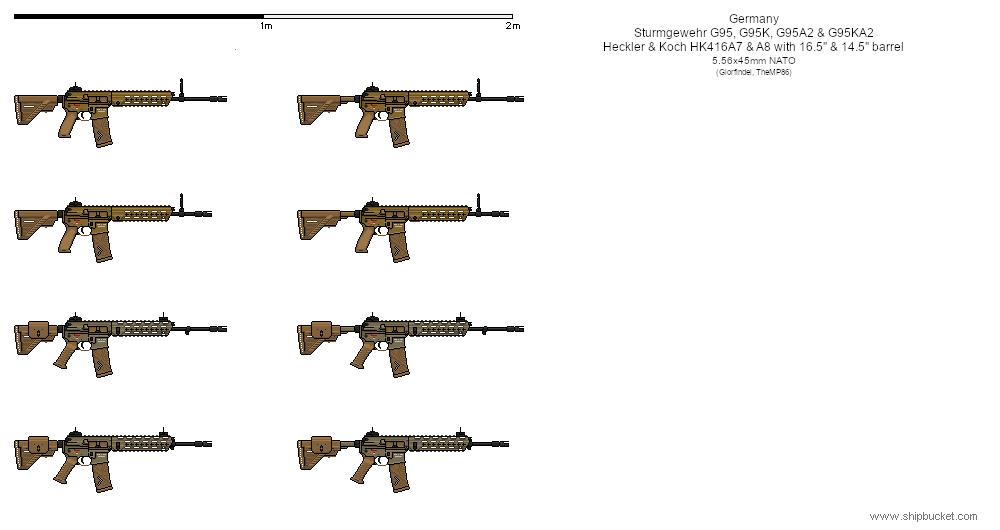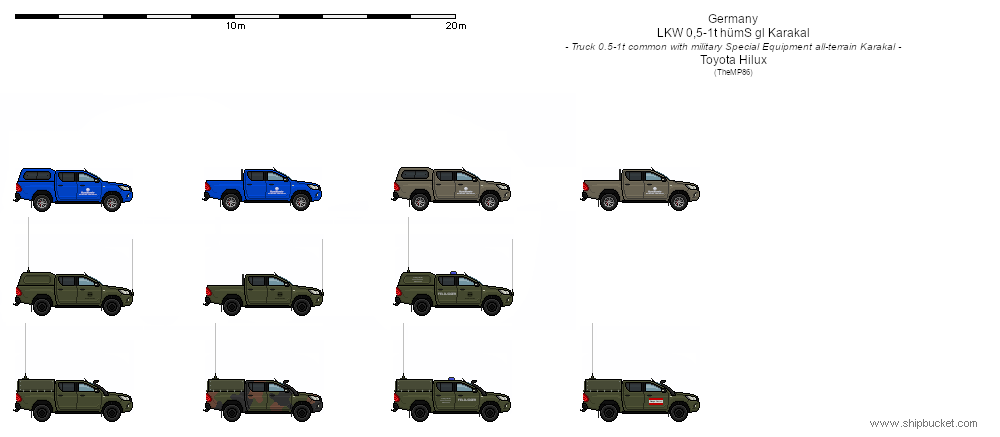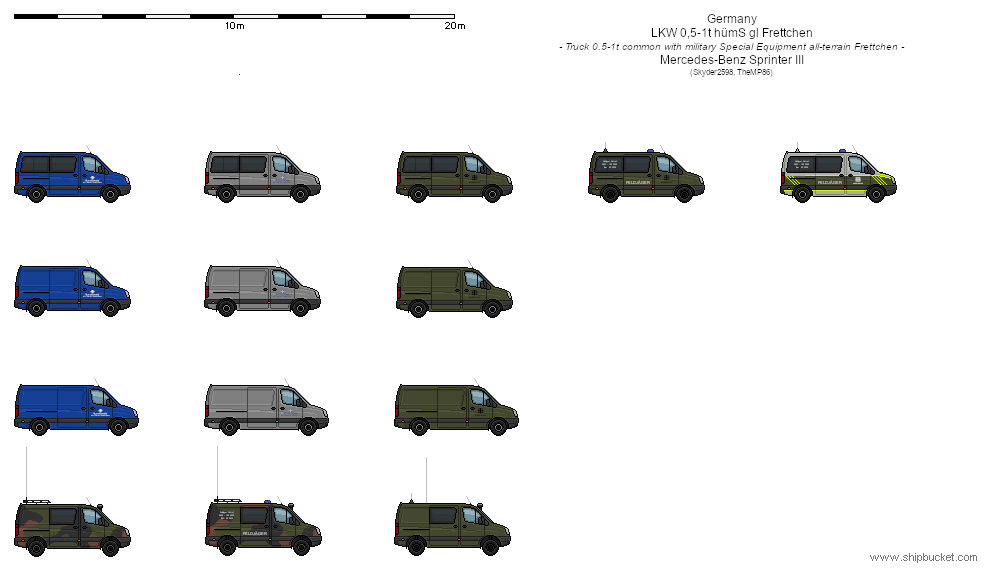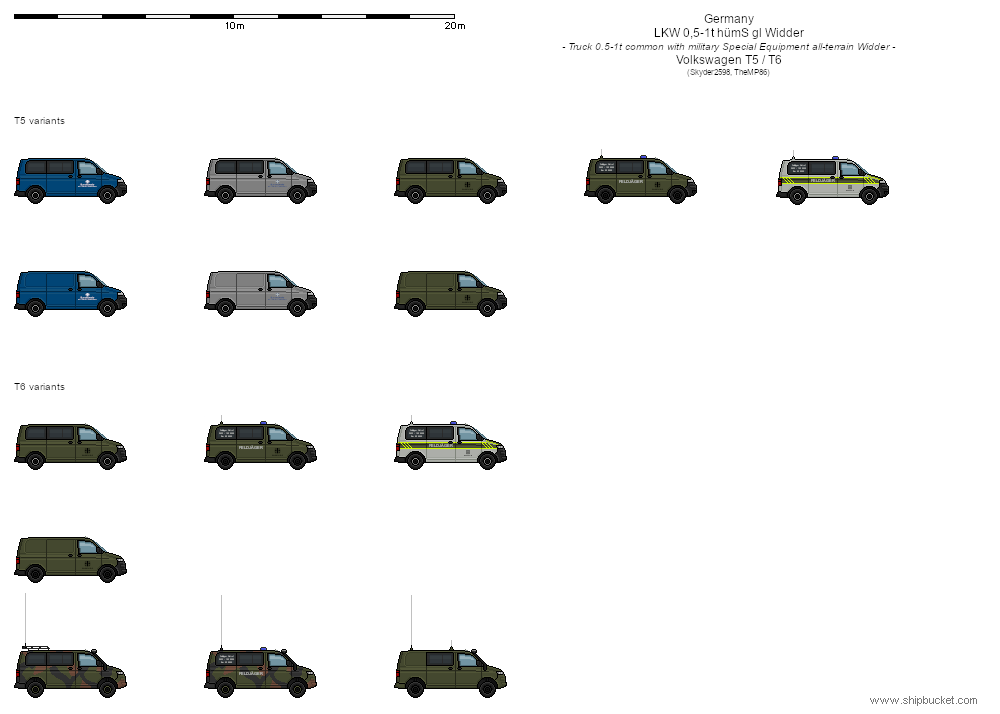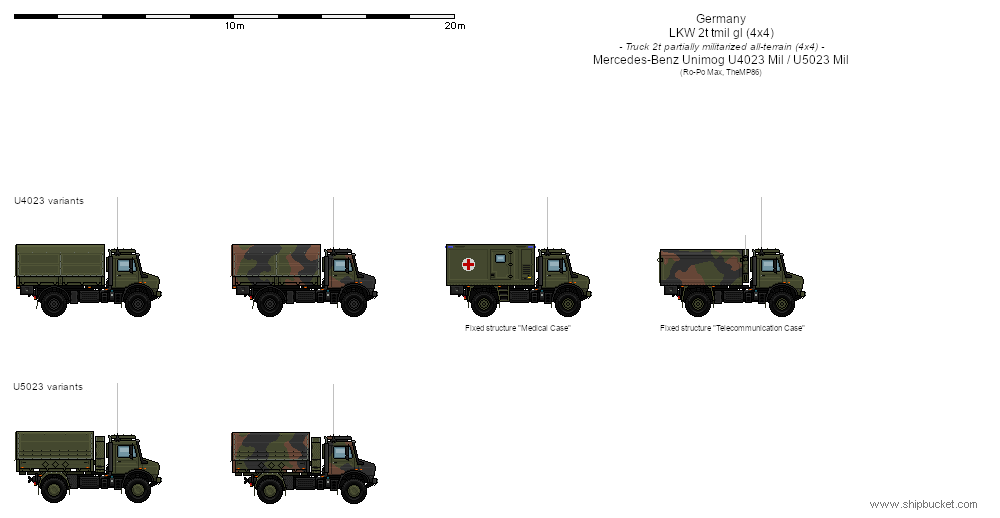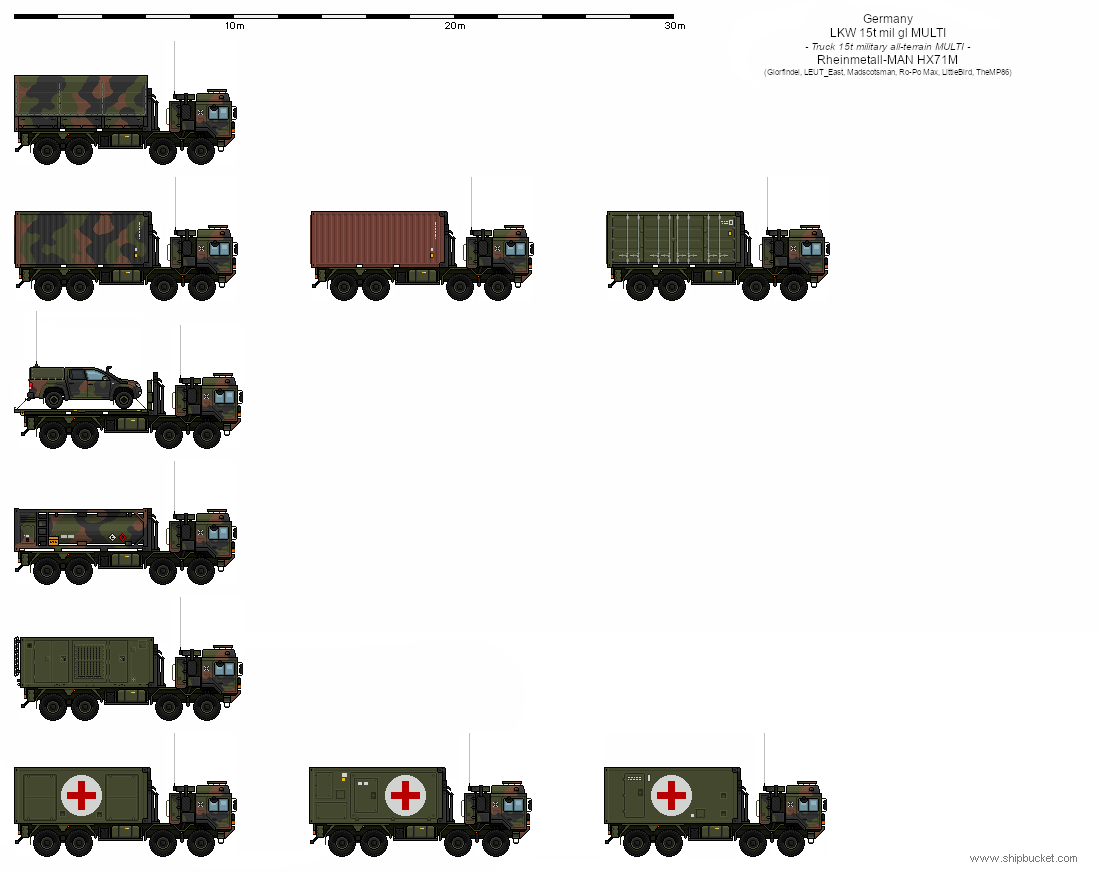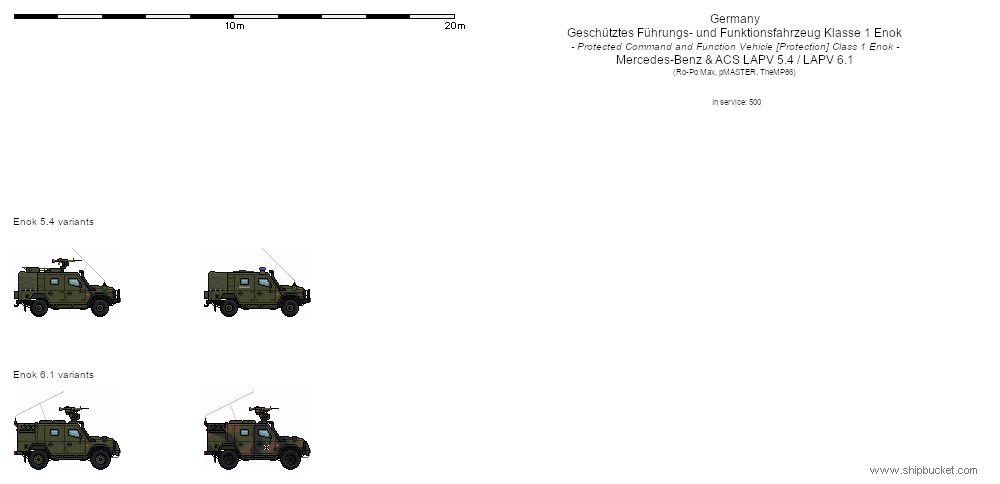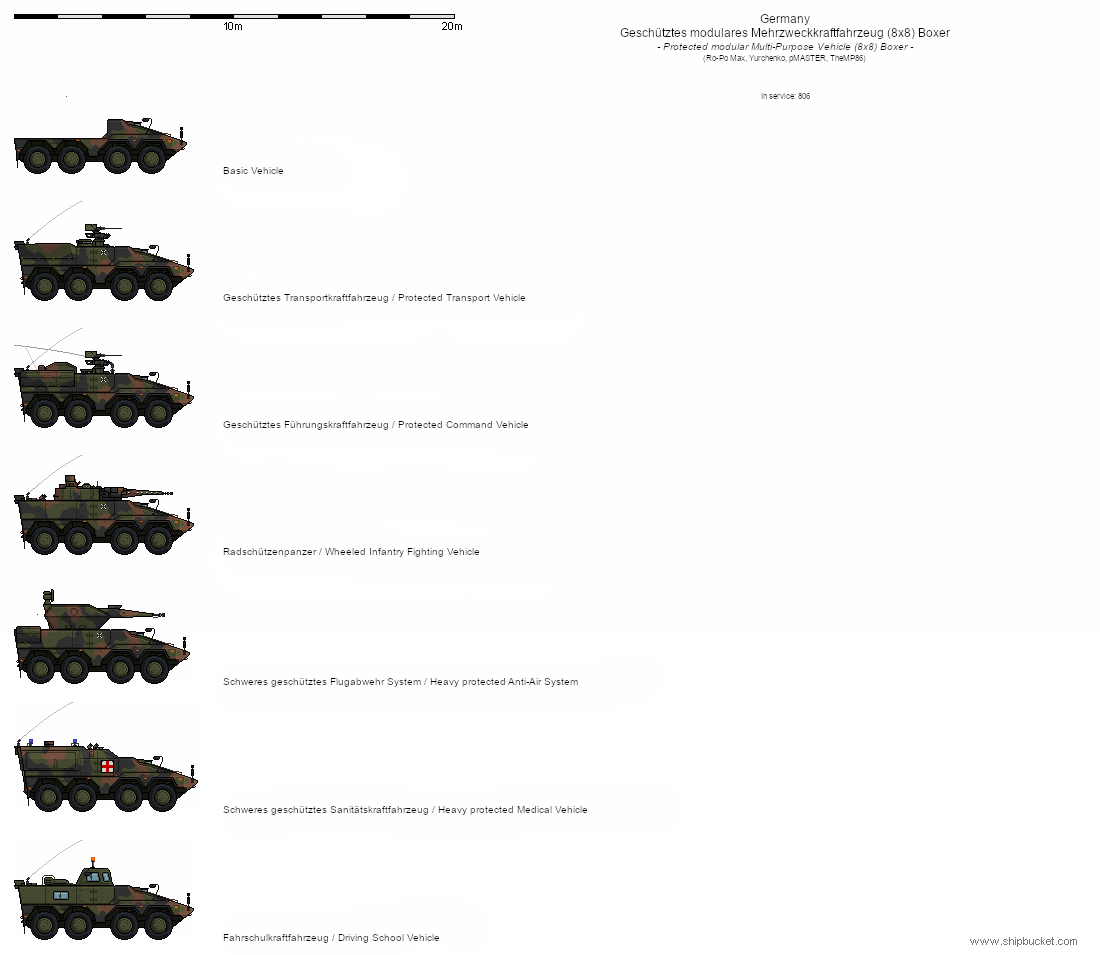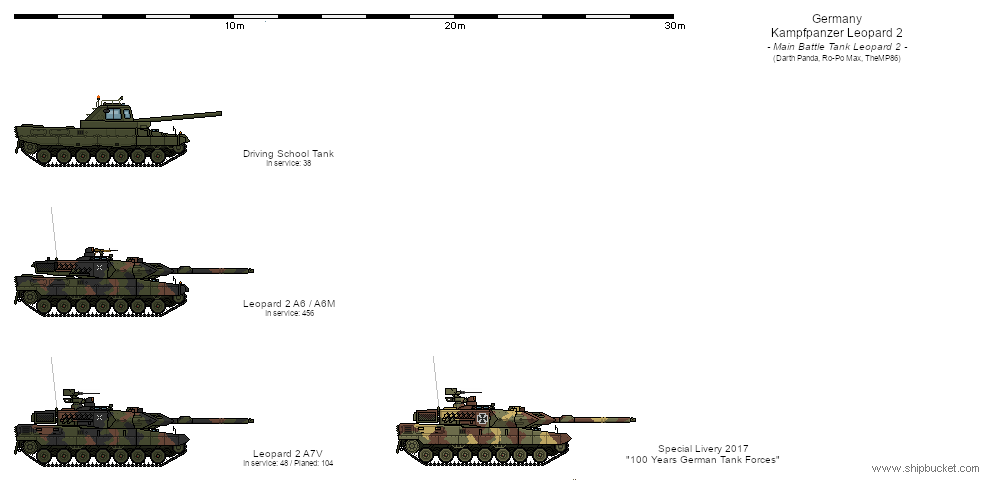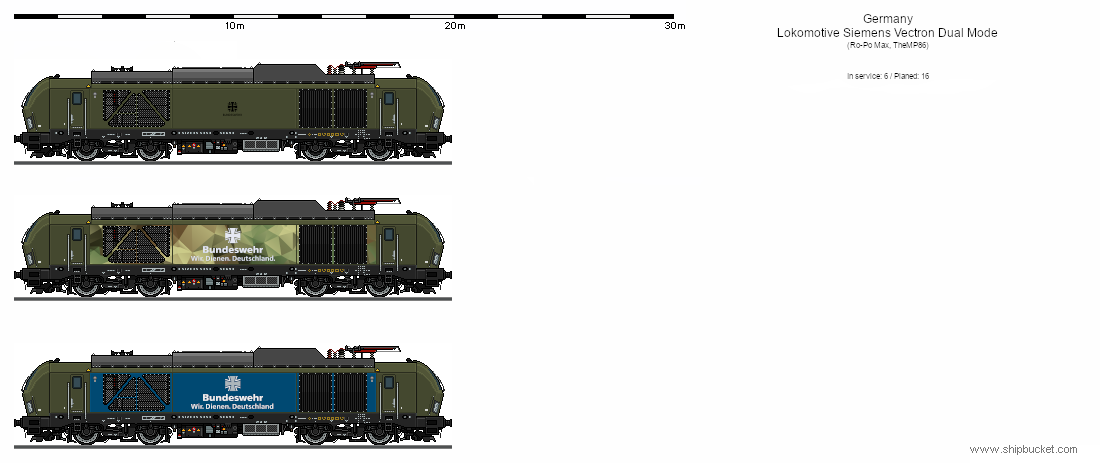A Alternative German Timeline
Posted: February 7th, 2022, 2:09 am
Introduction
Spring 1990 - the "Cold War" has come to an end. A wind of change and relief is in the air and Germany celebrates the Reunification of Western and Eastern Germany - brothers meet brothers.
In reality the following years and decades where mostly characterized by the attempt to overcome the past era of separation between the two German states, both in terms of society as well as economy. Military spendings were drastically reduced and most military projects of any notable significance were either cancelled or slowed down, such as the new caseless ammonition G11 assault rifle, significant improvements to the Leopard 2 MBT as well as the development of the "Eurofighter". Furthermore a shift in strategy towards global stabilization missions and away from the "classic" mission of homeland defense the Bundeswehr saw an unprecedented decline in strenght. Once praised as one of NATO's most formidable forces during the Cold War today's Bundeswehr is struggling to bring anything more than the bare minimum to bare.
Now, back to Spring '90: what if planners and politicians alike would have acted differently and would have put more focus on keeping and developing Germany's ability to defend herself? Let's assume politicians back than wouldn't have reduced the defens budget year after year and the planners could have spent between 2 and 3.5% on the Armed Forces. What would have been different? Which units, capabilities and technologies would have been developed and built to enable the Bundeswehr to fullfill her mission well into the next 30 years?
Important Alternative Universe Events
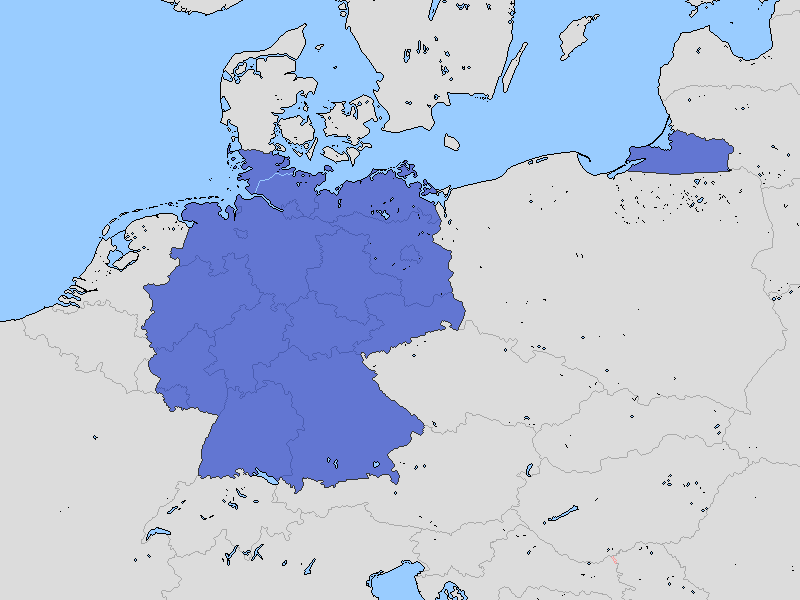
Spring 1990 - the "Cold War" has come to an end. A wind of change and relief is in the air and Germany celebrates the Reunification of Western and Eastern Germany - brothers meet brothers.
In reality the following years and decades where mostly characterized by the attempt to overcome the past era of separation between the two German states, both in terms of society as well as economy. Military spendings were drastically reduced and most military projects of any notable significance were either cancelled or slowed down, such as the new caseless ammonition G11 assault rifle, significant improvements to the Leopard 2 MBT as well as the development of the "Eurofighter". Furthermore a shift in strategy towards global stabilization missions and away from the "classic" mission of homeland defense the Bundeswehr saw an unprecedented decline in strenght. Once praised as one of NATO's most formidable forces during the Cold War today's Bundeswehr is struggling to bring anything more than the bare minimum to bare.
Now, back to Spring '90: what if planners and politicians alike would have acted differently and would have put more focus on keeping and developing Germany's ability to defend herself? Let's assume politicians back than wouldn't have reduced the defens budget year after year and the planners could have spent between 2 and 3.5% on the Armed Forces. What would have been different? Which units, capabilities and technologies would have been developed and built to enable the Bundeswehr to fullfill her mission well into the next 30 years?
Important Alternative Universe Events
- Russian Diplomats contacted the German Ministry of Foreign Affairs following the end of the Cold War to negotiate returning Eastern-Prussia with its Capital "Königsberg" (Kaliningrad in Russian) to Germany. This is a true story - but it went nowhere. For the sake of the Alternate Universe however we assume that the negotiations came to a successful end and that Eastern-Prussia became the 17th Province or "Bundesland" within the Federal Republic of Germany somewhen in the 1990s










